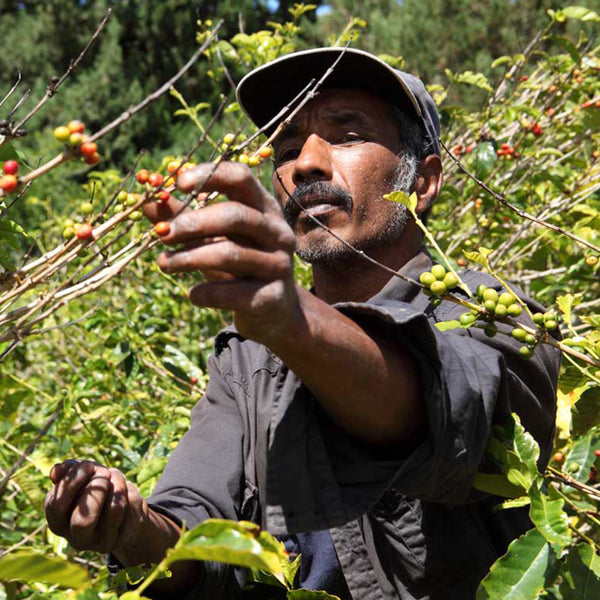Sri Lankan plantations are planning to brand Ceylon coffee as a globally sought-after brand of coffee. The growing preference for coffee over tea renders an excellent opportunity for this venture. In the last decade, Sri Lankan coffee has shown remarkable growth in production volumes. Due to the industry’s expansion, exports of coffee brought in USD 0.32 million in 2019.
According to the Lanka Coffee Association (LCA), the Regional Plantation Companies (RPCs) entering this market segment are using this opportunity to be the key movers in this sector. The already established brand value of Ceylon Tea and the excellent terrain in Sri Lanka will surely benefit this endeavor.
More smallholder farmers are now progressing into coffee farming. In areas like Nuwara Eliya and Welimada, smallholders commonly cultivate coffee as a secondary tea crop. Plantation firms are highly considering growing coffee as an alternate crop as the output of tea declines. After being harvested, the coffee berries are transported to the factories for processing. However, this network also has certain drawbacks because the farmers care less about the quality and would pick the berry before the proper harvesting stage. However, RPCs can set stringent standards to mitigate this issue.
Currently, the two processing factories at Kotmale and Welimada are supported by the Market Development Facility (MDF), funded by the Australian Government. In favor of this venture, MDF recently pitched at an international coffee event in Australia and held the inaugural Sri Lankan coffee festival this year. They are now focusing on specialty coffee for export because of its growing popularity.
Several businesses are now growing coffee on at least 25 to 30 hectares. Growing coffee is an excellent option for using marginal lands unsuitable for tea. It is also less labor intensive than tea; coffee only requires less than 50 labor days, with picking carried out twice annually.
Ceylon Coffee will initially be launched on a smaller scale to test the waters. Ten companies have already diversified into coffee, dedicating about five percent (5%) of their total land cultivation. However, according to LCA, it is less likely that the popularity of Sri Lankan Tea will be replaced by Ceylon coffee.








![TV-Poster-All-Exhibition-Sri-Lanka-in-Focus-USA-2025[1]](https://www.srilankafoundation.org/wp-content/uploads/2025/04/TV-Poster-All-Exhibition-Sri-Lanka-in-Focus-USA-20251-450x450.jpg)













